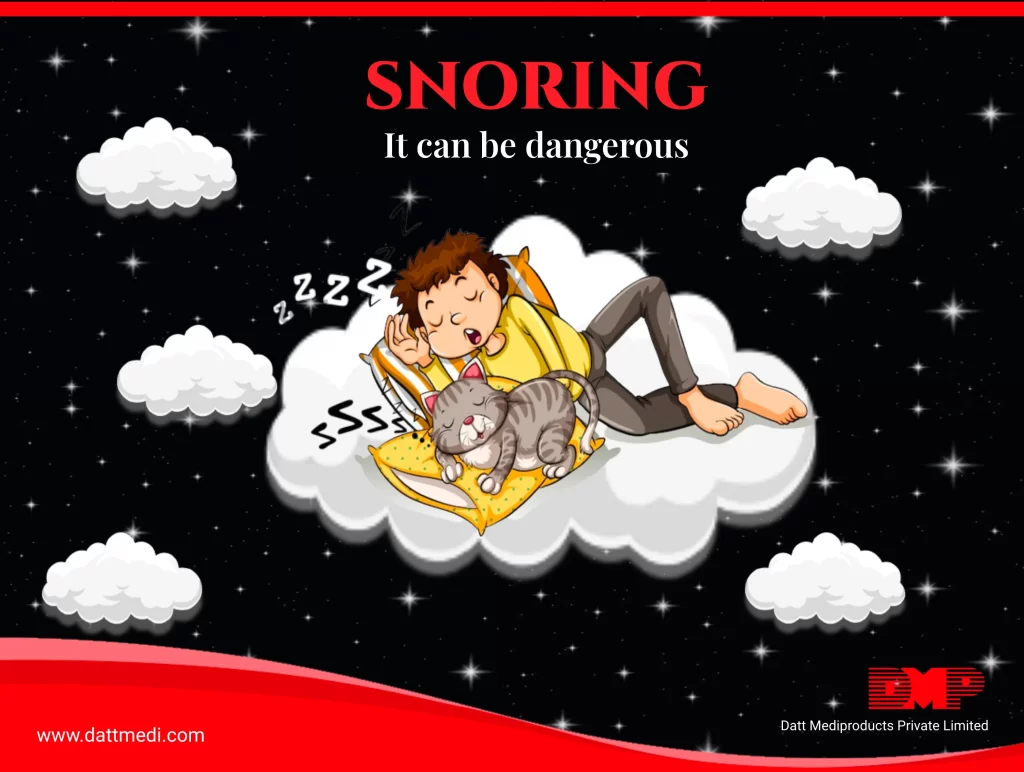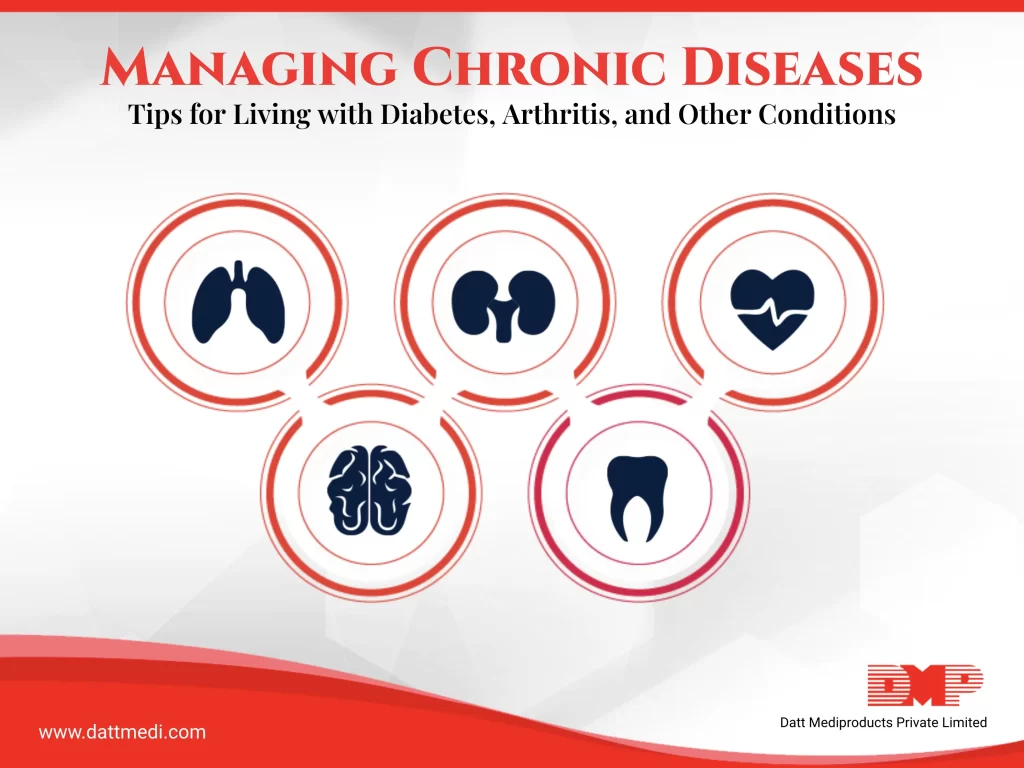
Snoring is a noisy sleep. Snoring occurs when airflow is restricted during sleep. We push air through our nose, mouth and throat while breathing. An obstructed airway causes the tissues to vibrate and flutter making a rattling or grumbling sound. This is “Snoring”.
It can be startling for people to know that they snore while they have always been proud of being a silent sleeper. This might be because there is no one to tell them. People may also wonder what cause them to snore.
We have tried to list down a few of the risk factors that contribute to snoring.
RISK FACTORS:
Snoring can be caused by allergies, colds, flues, and sinus infections as they lead to nasal congestion that can contribute to snoring. Some usual risk factors of snoring may include the following:-
- OBESITY: An excess body fat puts pressure on soft tissues, thereby obstructing the airway.
- PREGNANCY: Some hormones released during pregnancy cause inflammation inside the nose.
- ENLARGED SOFT TISSUES: Tonsils and adenoids are located in the upper airway and can block the same if enlarged.
- GENETIC FACTORS: The structural differences in the face, jaw, nose or throat may also lead to airway restriction. Some of the examples of genetic syndromes may include cleft lip and cleft palate, Down syndrome, and congenital central hypoventilation syndrome.
Consuming ALCOHOL or SEDATIVE MEDICATIONS relaxes muscles causing airflow obstruction and thus snoring.
IS SNORING HARMLESS OR DANGEROUS?
Many instances of snoring are benign but can be dangerous depending upon their type, severity and frequency.
Infrequent or Light Snoring episodes are typical and do not require any special medical testing or treatment. An instructor in the Division of Sleep Medicine at Harvard Medical School once said that “Snoring can be normal and not something to worry about.” But it can also affect one’s sleep leaving you dragging the next day, thereby negatively impacting your productivity and efficiency.
Primary Snoring has a frequency of more than three nights per week. Because of an increased frequency than Light Snoring, it is troublesome for bed partners. It is of a lesser health concern unless it leads to more sleep disruptions and progresses to a more advanced stage called Sleep Apnea.
Obstructive Sleep Apnea (OSA) associated Snoring is alarming from a health frame of reference. If left untreated, the implications of OSA on overall health of the patient can be paramount. The condition occurs due to blockage of the airways by weak, heavy or relaxed soft tissues.
As per the study “Estimation of the global prevalence and burden of obstructive sleep apnoea: a literature-based analysis” published in The Lancet Respiratory Medicine, it is estimated that 936 million adults aged 30–69 years mild to severe obstructive sleep apnea and 425 million adults aged 30–69 years have moderate to severe obstructive sleep apnoea globally.
“Central Sleep Apnea” results when our brain fails to send proper signals to the muscles which control breathing. Very loud snoring which occurs more than three times a week can be bothersome. It may be characterized by gasping, choking, or snorting sounds. The patient may encounter a lack of focus or mental sharpness with daytime drowsiness; morning headaches and congestion. These signs may also be associated with sudden weight gain, high blood pressure or frequent night-time urination “Nocturia”. Snoring can also leads to “sleep-related bruxism”– also known as nocturnal teeth-grinding, particularly in children.
We @dattmediproducts understand and advice to take any sleep disorder seriously. Several therapies such as continuous positive air pressure (CPAP) therapy are available which administers pressurised air at a prescribed rate to ease breathing during the night. It’s crucial to talk with a doctor about your snoring signs and get the most effective way to correct it. Because sound sleep is important.








